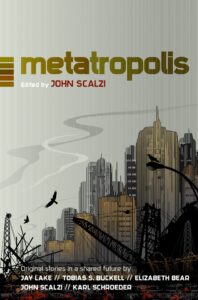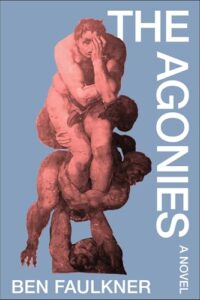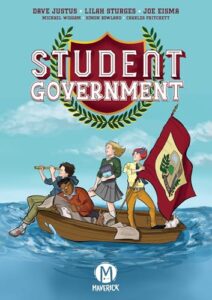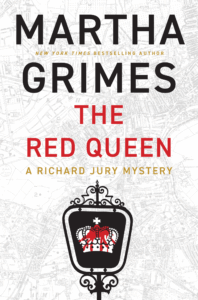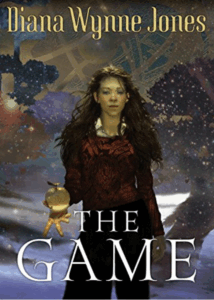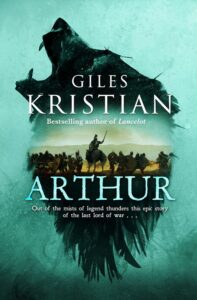METAtropolis brings together five stories set in a nearish-future United States that’s mostly come undone amid climate catastrophes and other less-specified degradations. The anthology began as an audio-only collection. John Scalzi put it together, and worked with the other authors — Jay Lake, Tobias S. Buckell, Elizabeth Bear, and Karl Schroeder — to create a shared setting for their tales. Scalzi notes in his introduction that Medea: Harlan’s World, edited by Harlan Ellison, was something of a model, although I suspect that the worldbuilding for METAtropolis was more collaborative.
The audio anthology grew in two different directions. Three more all-audio collections followed in 2010, 2013 and 2014, with editorship passing to Jay Lake. The second, METAtropolis: Cascadia, won an Audie in 2012 for Original Work. Meanwhile, the first collection went into print, first as a limited edition from Subterranean Press in 2009, then a hardback from Tor in 2010, and then the trade paperback edition that I own was published in 2013. Five years of public and publisher interest in an anthology is unusually good. In the case of METAtropolis, I think it comes from three factors. First, and probably least important, there are people like me who are avid readers but haven’t really made room in their lives for audiobooks. I’m happy that I can enjoy the fiction on pages, even belatedly. (I haven’t yet picked up Scalzi’s series of audio-first novellas, but I am glad they are available in other formats.) Second, the overall idea is a neat one, and shared-world anthologies or series in fantasy and science fiction have a fun history. While METAtropolis did not grow into a large-scale project like Wild Cards or 1632, three sequels is perfectly respectable. Third, and probably most important, the authors were all well-known within the field, and each brought some of their fans, and their continued success led to more and more people discovering the anthology. By the time I picked up an autographed copy in a Chicago airport in 2015, the collection had a solid history.

